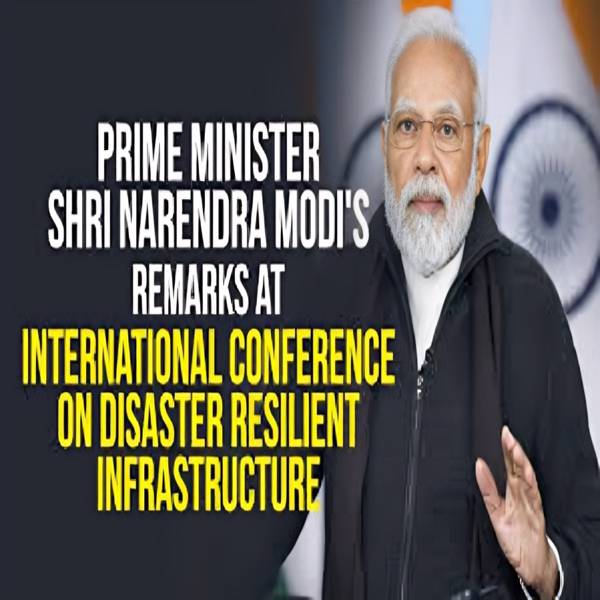Literacy for a Human-centred Recovery: UNESCO Calls for Action on International Literacy Day
International Literacy Day is observed every year on September 8 to highlight the importance of literacy and education in people’s lives. The day reminds us that literacy is essential for personal development, social progress, and the advancement of societies.
Literacy is the ability to read and write. It is a basic human right and a foundation for lifelong learning. Literacy opens up opportunities for people to improve their lives and contribute to their communities. It also helps to create more just and equitable societies.
Theme
The theme for International Literacy Day 2023 is “Literacy for a Human-centred Recovery: Advancing literacy and education for all.” The theme highlights the importance of literacy in building back better from the COVID-19 pandemic.
According to UNESCO, around 763 million young people and adults globally lacked basic literacy skills in 2020. This number is disproportionately high among women and girls, and in developing countries.
International Literacy Day was first proposed at the World Conference of Ministers of Education on the Eradication of Illiteracy, which was held in Tehran, Iran in 1965. The conference was a major turning point in the fight against illiteracy, and it served as the inspiration for the creation of International Literacy Day.
The day was officially proclaimed by UNESCO in 1966, and the first International Literacy Day was celebrated in 1967. Since then, the day has been celebrated every year on September 8.
International Literacy Day is a day to raise awareness of the importance of literacy and to promote literacy programs and initiatives around the world. The day is also an opportunity to reflect on the challenges of illiteracy and to commit to working together to ensure that everyone has access to quality education.
On International Literacy Day, we celebrate the progress that has been made in increasing literacy rates around the world. We also reflect on the challenges that remain and commit to working together to ensure that everyone has access to quality education.
The United Nations Educational, Scientific and Cultural Organization (UNESCO) first observed International Literacy Day in 1967. The day is a stark reminder that literacy is not a luxury, but a fundamental right that is essential for a person’s dignity.
Literacy is the ability to read and write. It is the foundation for learning and for participating fully in society. People who are literate are better able to find jobs, earn a living, and make informed decisions about their lives. They are also more likely to be healthy, have better relationships, and contribute to their communities.
Also read ; PM Modi Meets ASEAN Leaders to Strengthen Ties
Illiteracy is a major challenge facing the world today. According to UNESCO, there are still 763 million adults who cannot read or write. This number is disproportionately high among women and girls, and in developing countries.
International Literacy Day is a call to action to address the challenge of illiteracy. It is an opportunity to raise awareness of the importance of literacy and to promote programs and initiatives that can help people learn to read and write.
We can all play a role in ensuring that everyone has access to literacy. We can support literacy programs in our communities, donate to organizations that are working to fight illiteracy, and advocate for policies that promote literacy.



